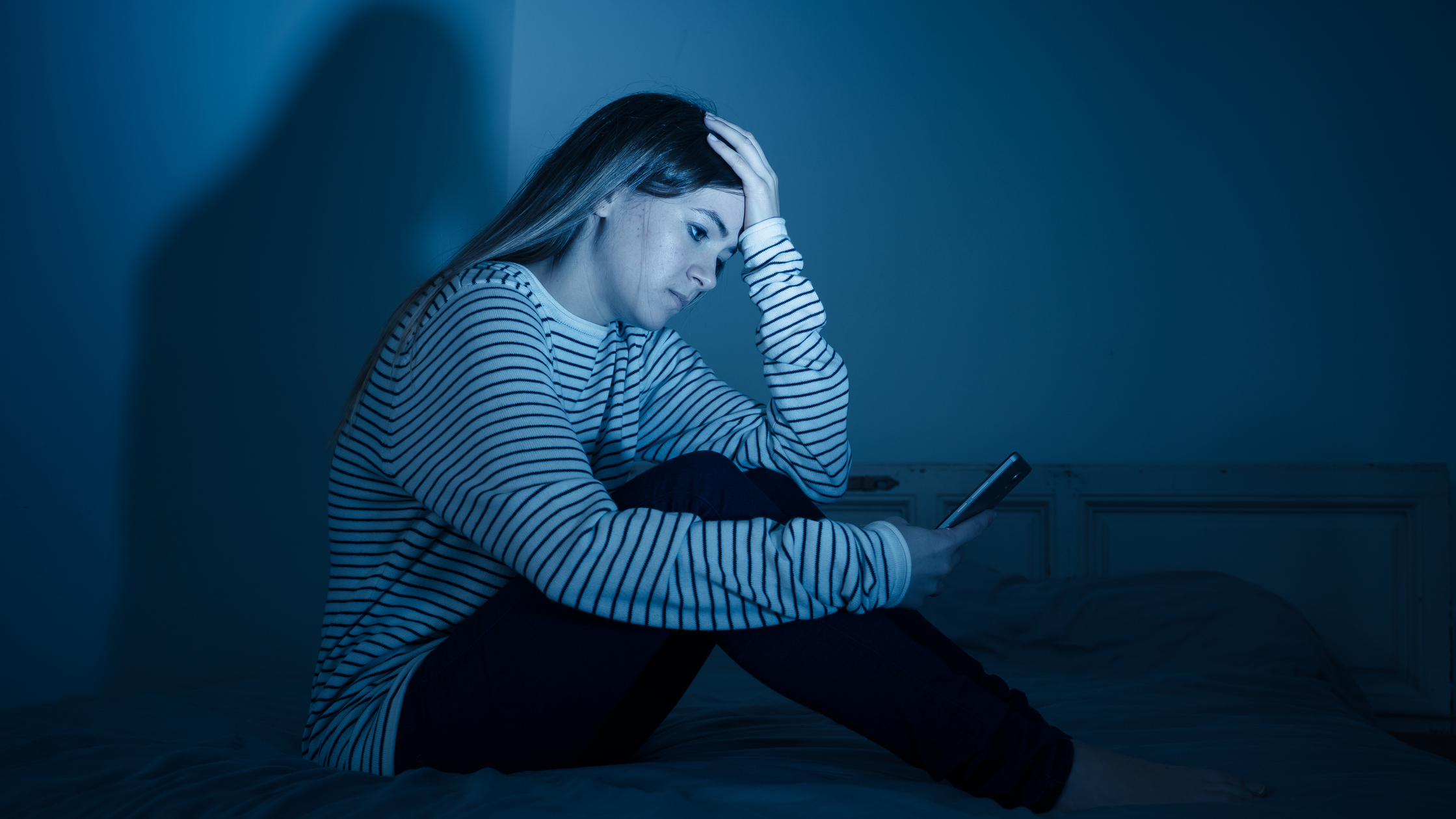Despite the rise in child sexual abuse (CSA) being carried out via technology (e.g., webcams, mobile phones), relatively little is known about the impact of 'online' sexual abuse on children and young people. However, despite this lack of knowledge, prevention programmes are being disseminated to children in the UK and worldwide in schools, and interventions are being carried out with abused young people. Therefore, there is an urgent need to better understand the impact on young people.
Professor Catherine Hamilton-Giachritsis has led a team that includes researchers at Universities of Bath and Birmingham undertaking a project commissioned by the National Society for Prevention of Cruelty to Children (NSPCC) and working with Child Exploitation Online Protection (CEOP) to begin to understand the impact of online sexual abuse on victims. Two key aims were to establish implications for therapeutic interventions and training for professionals.
As a result of this work, the NSPCC has new knowledge that will feed into their training programmes for staff working with victims of CSA. The research has shown that although online CSA is seen as having less impact and being of less concern than offline, online CSA actually has the same mental health and other consequences as offline CSA. It has also uncovered additional complexities with online CSA relating to the permanence of images, difficulties in having it recognised as abuse, and the risk of victims being seen as active in their abuse. These insights have led to the identification of key training needs for professionals and police working in this area.
